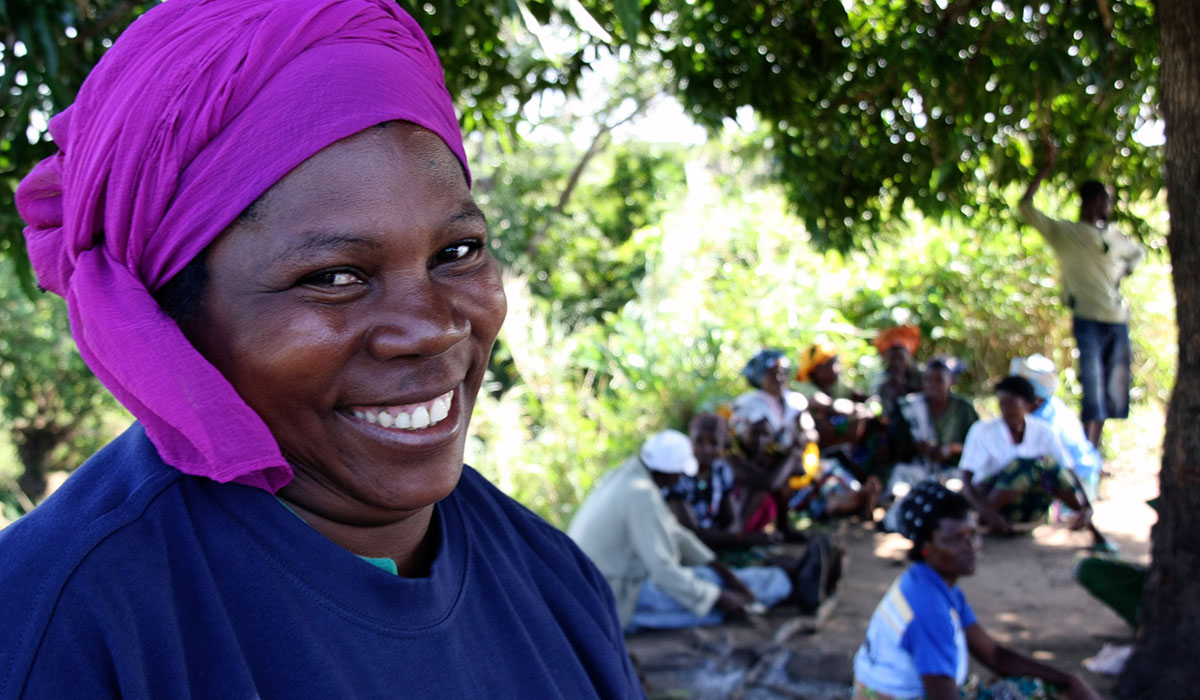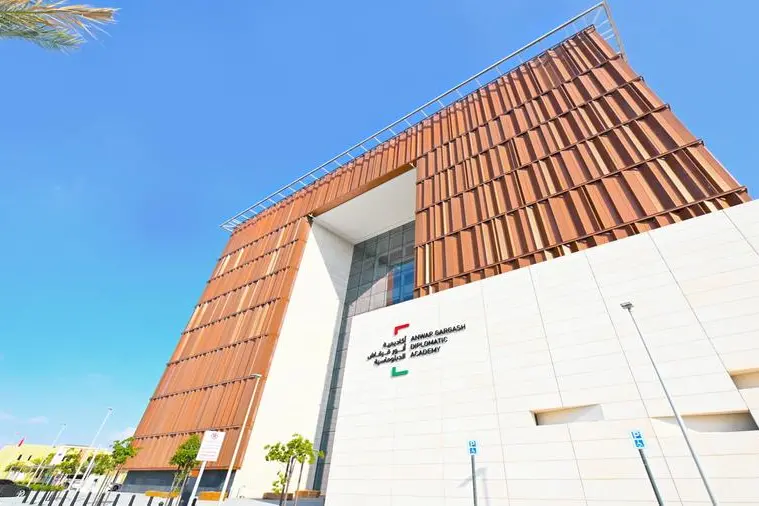ACCORD has facilitated a 90-minute inter-faith panel discussion on the ongoing conflict in the Cabo Delgado province of Northern Mozambique. This webinar was entitled, “Peacebuilding in Cabo Delgado: What Role for Religious Communities?” The webinar took place on Thursday, 15 April 2021 via Zoom and was chaired by H.E. Madam Graça Machel, Chairperson of ACCORD’s Board of Trustees. The webinar was moderated by ACCORD’s Executive Director, Dr Vasu Gounden.
As there are several dimensions to understanding the insurgency, ACCORD was invited to facilitate a webinar that would reflect on and assess the dynamics underpinning the ongoing insurgency in Cabo Delgado. More importantly, the webinar sought to understand what role, if any, religious communities can play in building peace in the region. The webinar therefore brought together representatives of faith-based organisations, including: Ms. Reabetswe Tloubatla, from the Denis Hurley Peace Institute; Honourable Mohammed Yassine, from the Council of Religions in Mozambique (COREM); Reverend Purity Malinga, Presiding Bishop of the Methodist Church of Southern Africa; and Mr Emmerson Ubisse of the Christian Council of Mozambique in Cabo Delgado (CCM-CD). Each speaker shared insights into some of the potential opportunities for the religious community to play a role in finding a solution to the current situation in Cabo Delgado.
The webinar has allowed ACCORD, the interfaith communities, and their partners on the ground, to garner an enhanced understanding of the role that religious communities play, or can play, in early warning and conflict management. The sharing of knowledge and experiences by the inter-faith groups on the conflict contributes towards the early warning and mitigation of conflict by enhancing overall knowledge of the drivers of conflict and exploring options for conflict mitigation actions. Furthermore, the webinar contributed towards ACCORD’s strategic pillar five, which aims to increase knowledge, policy support and response to the drivers of conflict.








